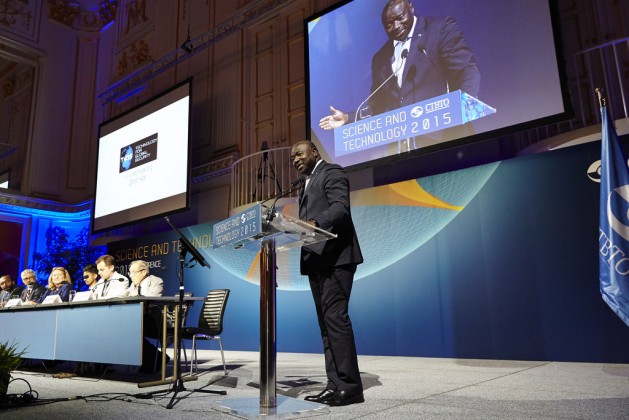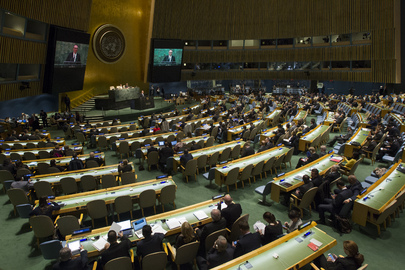By Ronald Joshua | IDN-InDepthNews Analysis
HIROSHIMA (IDN) – A new ‘Generation of Change’ is making its presence felt, pledging to walk the talk over the last 70 years in a clarion call for freeing the world of 16,000 to 17,000 nuclear weapons that continue “to threaten every single person with the prospect of a cruel and inhumane death”.







